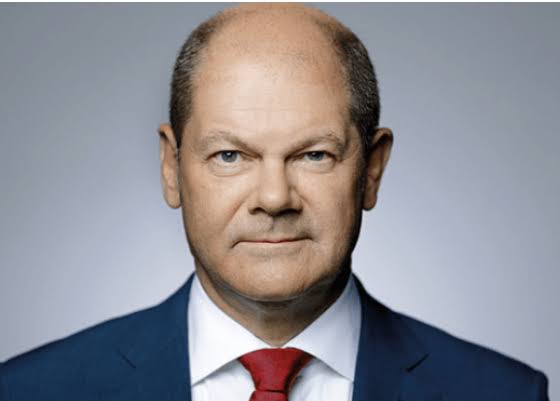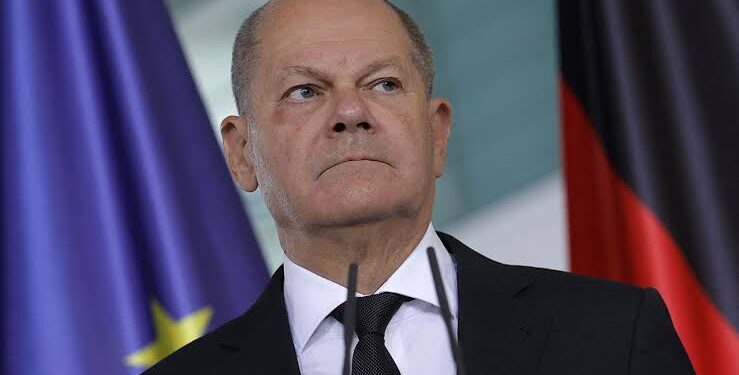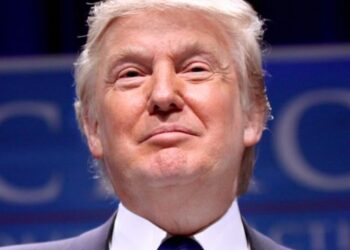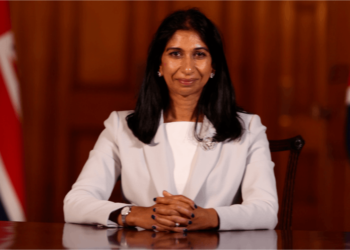German Chancellor Olaf Scholz faces a pivotal confidence vote on Monday that he is widely expected to lose, setting the stage for a snap election early next year. The vote, which Scholz himself called, could lead to the dissolution of parliament by President Frank-Walter Steinmeier, triggering fresh elections within 60 days.
This dramatic turn of events reflects the deepening crisis within Scholz’s government, which has been plagued by internal divisions, public dissatisfaction, and a faltering economy. Scholz’s Social Democratic Party (SPD) has reached an agreement with opposition parties to hold the anticipated election on February 23.
Collapse of the Governing Coalition
The unraveling of Germany’s governing coalition last month highlighted the severe challenges facing Scholz’s leadership. A major flashpoint was the country’s deteriorating economy, which led to the dismissal of Finance Minister Christian Lindner. This move left Scholz heading a fragile minority government with the Green Party, paralyzing legislative efforts.

While Scholz initially sought to delay the confidence vote until January 15, pressure from the opposition Christian Democratic Union (CDU) forced him to bring it forward. The CDU, led by Friedrich Merz, has been critical of Scholz’s handling of the economy and governance, painting his administration as ineffectual during a time of national uncertainty.
Plummeting Popularity and Election Forecasts
Scholz’s government is increasingly unpopular, with the chancellor himself ranking among the least favored leaders in modern German history. A September opinion poll underscored this sentiment, reflecting frustration with his administration’s inability to revive Europe’s largest economy.
If a snap election is held, current polls suggest a decisive shift in Germany’s political landscape. The CDU leads with 31% of the projected vote, followed by the far-right Alternative for Germany (AfD) at 18%. Scholz’s SPD trails at 16%, while the Greens hover at 12%. The CDU, a dominant post-war political force, is campaigning on a platform of economic revitalization through tax cuts and work incentives.
Economic Decline Fuels Discontent
Germany’s economic troubles have further eroded confidence in Scholz’s leadership. The country’s economy contracted last year for the first time since the Covid-19 pandemic and is forecast to shrink again this year, according to the European Commission. Scholz’s administration has been unable to present a compelling strategy to reverse this trend, leaving critics to accuse it of complacency in the face of mounting challenges.
The Far-Right’s Surge
Compounding the political upheaval is the rise of the far-right AfD, which has capitalized on public discontent with mainstream parties. In September, the AfD shocked Germany’s political establishment by winning a state election in Thuringia, becoming the first far-right party to do so since 1945. Its growing support underscores the depth of dissatisfaction among voters and raises questions about the future direction of German politics.
Historical Parallels and a Precarious Path Ahead
Germany’s last snap election in 2005 was similarly called after a confidence vote. Then-Chancellor Gerhard Schröder’s gamble to dissolve parliament backfired, leading to his defeat by Angela Merkel. History may repeat itself for Scholz, as his administration faces a resounding vote of no confidence not just in parliament, but across the country.

















